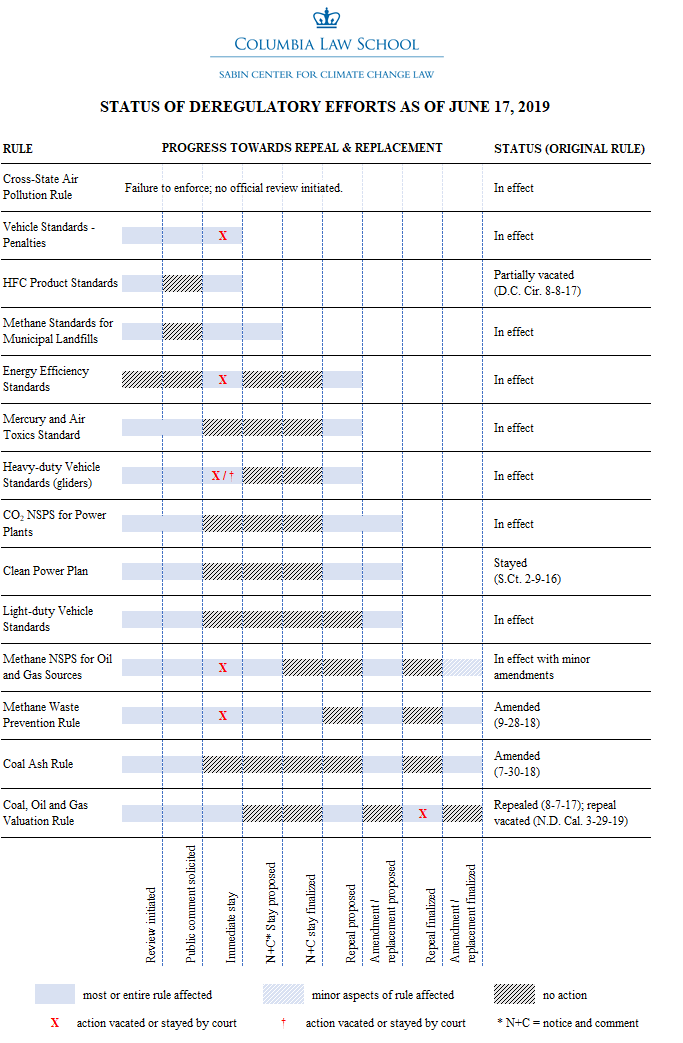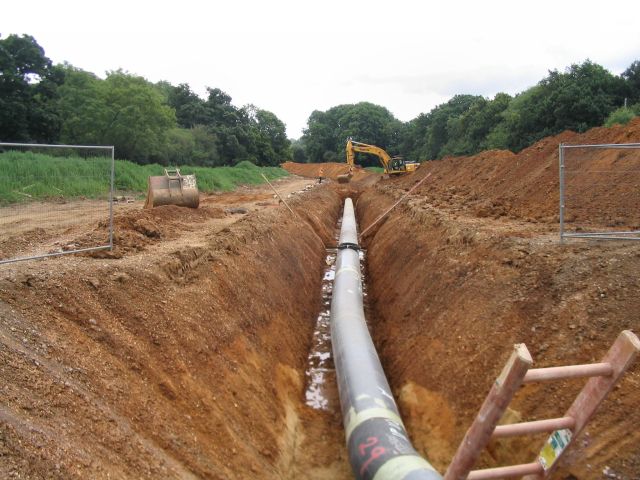By Ifeoma Anunkor, Summer Legal Intern
The U.S. Customs and Border Protection Agency (CBP) recently amended its regulations to require the CBP to refuse imports of consumer products and industrial equipment found not to comply with energy conservation standards established by the Energy Policy and Conservation Act of 1975 (EPCA), according to a notice published July 5th. The agency is responsible for ensuring that items that are injurious, or have the potential to cause injury to the public health and safety for children, workers, plant and animal life, or harmful to our national interests, do not leave or enter the United States.
The amendment to the customs regulations, which goes into effect August 5th, will allow the Federal Trade Commission (FTC) or the Department of Energy (DOE) to direct the CBP to refuse importation of products covered by the EPCA if they do not comply with applicable energy conservation or labeling standards. Once the DOE or FTC in writing or electronically notifies CBP of noncompliance, the CBP will issue a refusal of admission notice to the importer and demand the redelivery of any specified imports to CBP custody. If the importer fails to comply with the redelivery demand, the agency will seek liquidated damages totaling three times the value of the product.
Prior to the new rule, manufacturers could modify their products to comply with EPCA after they were imported into the United States. Title III of the EPCA established both the Energy Conservation Program (ECP) for Consumer Products Other Than Automobiles and the ECP for Certain Industrial Equipment to help enforce minimum conservation standards for large home appliances and industrial equipment used in the U.S, including imports. Importantly, the EPCA requires the Secretary of Treasury to issue regulations refusing admission of imports in violation of the Act. It is not clear why action has only now been taken on this 1975 mandate.
The initial proposed amendment to the Customs regulation was revised after commenters raised concern that the DOE or FTC would be unable to send written or electronic noncompliance letters for all products that violate the EPCA. The final rule gives the CBP the authority to refuse admission of a product after making its own finding that the product is noncompliant, without a DOE or FTC recommendation.
Essentially, the new rule signifies that governmental agencies have shifted toward a new emphasis on enforcement. Everything from consumer appliances (stoves, refrigerators, air conditioning units, and smaller household electronics) to industrial and commercial equipment (such as packaged boilers, and storage water heaters) will be under more scrutiny to ensure consumers and businesses are saving energy and money.




